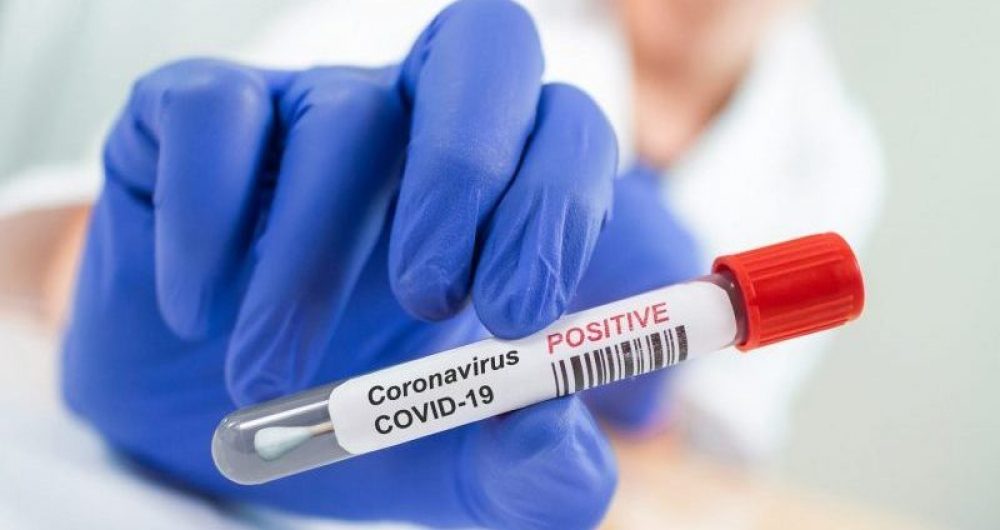Rapid-result coronavirus tests will be rolled out to all secondary schools and colleges across England from January, the government has confirmed.
In an announcement today, the government said the rollout means pupils won’t need to self-isolate if one of their number tests positive, providing they agree to daily testing.
Schools Week revealed yesterday that such an announcement was “imminent”.
From January, staff will be able to be tested weekly as a matter of routine, and staff and students who are identified as close contacts of positive cases at a school can be tested daily.
The testing will be voluntary, but the guidance says that those eligible for tests “are strongly encouraged to participate to reduce the risk of transmission within schools and colleges”.
Special schools and alternative provision will also have tests from January.
The Department for Education said students will be eligible for daily testing for seven days if they are identified as a close contact.
Under current guidelines, up to a whole school bubble has to self-isolate if one student or staff member tests positive.
But the DfE says from January, those in the same bubble as a confirmed case will not need to self-isolate if they agree to be tested once a day. Close contacts of positive cases who do not want to participate in daily testing will still have to be sent home.
The DfE confirmed that there was “no expectation” school and college staff will need to work on this over the Christmas break to prepare for the testing. They say existing staff meetings or inset days can be used for training as appropriate for each school.
It comes after organisations representing school staff raised logistics concerns about possible mass testing plans.
The DfE said test kits will begin arriving at secondary schools and colleges for the “first phase of rollout to staff from the first week of January”. Schools will also be provided with personal protective equipment and “comprehensive guidance and training materials and support to introduce a testing programme that works for staff, students and pupils”.
The DfE has also said schools will be reimbursed for “reasonable administrative costs such as staff time”.
The lateral flow tests produce a result in 30 minutes and do not require a laboratory to process.
But the government has emphasised that just because staff or pupils test negative, it does not “remove the risk of transmission”.
“In some cases, someone who has tested negative may still have the undetected disease and be infectious. It is therefore essential that everyone continues to follow good hygiene and observe social distancing measures whether or not they have been tested.”
Anyone who is showing coronavirus symptoms but has a negative result from a rapid test will be required to self-isolate until the result from a lab-based polymerise chain reaction (PCR) test is known, the guidance adds.
Primary schools will then be supported to roll out testing “as quickly as possible” over the spring term, the DfE added.
The DfE say testing pilots that have taken place in schools and colleges over the autumn term have shown the “positive impact” regular testing can have in finding asymptomatic cases before they spread.
Geoff Barton, general secretary of heads’ union ASCL, said it was “essential” that schools and colleges are “properly supported by the government to deliver these programmes”.
He said: “We need to understand exactly what is expected, and how this will be staffed. The government tells us that reasonable costs will be reimbursed, but its track record on providing financial support is not good, and we will be seeking detailed assurances.








Your thoughts